Russia warns US ‘not to play with fire’ after sanctions over Navalny
Russia has warned the United States "not to play with fire," after Washington imposed sanctions against Russian individuals and entities over the case of opposition figure Alexei Navalny, who Western governments say was poisoned last year.
In a statement on Tuesday, Russian Foreign Ministry spokeswoman Maria Zakharova described the new US sanctions as "a hostile attack" on Russia that was carried out under an absurd pretext, stressing that Moscow would retaliate.
"The absurd triumphs when the reason for the imposition of sanctions is declared to be a deliberately arranged provocation with the alleged 'poisoning' of Navalny with some 'chemical weapons.' All this is just an excuse to continue open interference in our internal affairs. We do not intend to put up with this. We will react on the basis of the principle of reciprocity, not necessarily symmetrically," Zakharova said.
"If the United States is not ready for an equal dialog on a reasonable basis, this is their choice. Regardless of the US 'sanctions bias,' we will continue to consistently and resolutely defend our national interests, rebuffing any aggression. We call on our colleagues not to play with fire," she added.
Zakharova further said the United States was deprived of the moral right to "lecture" others since it was a "serial violator" of international treaties and agreements in the field of arms control and non-proliferation.
Kremlin reacts
Reacting to the Western sanctions on Russia on Wednesday, the Kremlin called them "absolutely unacceptable" and dismissed as "outrageous" claims that the country's security agency was behind Navalny's poisoning.
"We believe such measures are absolutely unacceptable because they significantly damage already bad relations," Kremlin spokesman Dmitry Peskov said.
The remarks came after the US Treasury Department announced sanctions and restrictions against seven senior Russian officials and 14 entities over the case of Navalny earlier in the day.
Among those targeted were Alexander Bortnikov, the director of the Federal Security Service (FSB), Presidential Policy Directorate Chief Andrei Yarin, and deputy ministers of defense Alexei Krivoruchko and Pavel Popov.
The list also included First Deputy Chief of Staff of the Presidential Executive Office Sergei Kiriyenko, Federal Penitentiary Service Director Alexander Kalashnikov, and Prosecutor General Igor Krasnov.
Under the sanctions, the assets of those targeted will be frozen and US companies and individuals will be effectively barred from doing business with them.
The Treasury also restricted exports to 14 entities located in Russia, Germany, and Switzerland over their alleged role in the poisoning of Navalny.
Washington also imposed sanctions on three Russian scientific institutions and on Russia's two security services.
Meanwhile, the European Union (EU) has also announced a package of sanctions against four Russian officials it described as responsible for Navalny's imprisonment.
The EU decided to freeze the European assets and ban the entry of Prosecutor General Krasnov, head of the National Guard Viktor Zolotov, chairman of Russian investigation committee Alexander Bastrykin, and chief of the federal prison service Kalashnikov.
The EU decision also prohibits European individuals and firms from making funds available to the listed officials.
Navalny was taken ill on a domestic Russian flight in August last year. He was later transported to the German capital, where he was hospitalized with alleged poisoning.
But the Russian doctors who examined Navalny before he was moved to Germany said at the time that they had found no trace of a toxic substance in his blood sample.
The Kremlin critic returned to Russia after alleged recuperation in January.
He was arrested on arrival and sentenced to three and a half years in prison for breaking the terms of a suspended sentence he had received seven years ago in an embezzlement case. The court said Navalny violated the terms when he was moved to Germany for treatment in August 2020.
Western countries have repeatedly called for his release and threatened Moscow with possible sanctions.
Moscow says the West is exploiting the case for political reasons and using it as a pretext to impose more sanctions against Russia.
Russia has denied any involvement in the alleged poisoning of Navalny.
Germany's Scholz seeks collaboration with China in 'just peace' in Ukraine
UN chief says attacks against civilians in Sudan could constitute ‘war crimes’
Slightest act against Iran’s interests will be met with ‘painful response’: Raeisi
US House to vote on long-awaited assistance for Ukraine
VIDEO | Pakistan backs Iran’s retaliatory attack on Israel
The epic of Iran’s economic invincibility
French praise Iran missile retaliation against Israel
Two Palestinians killed in West Bank amid drastic rise in settler attacks


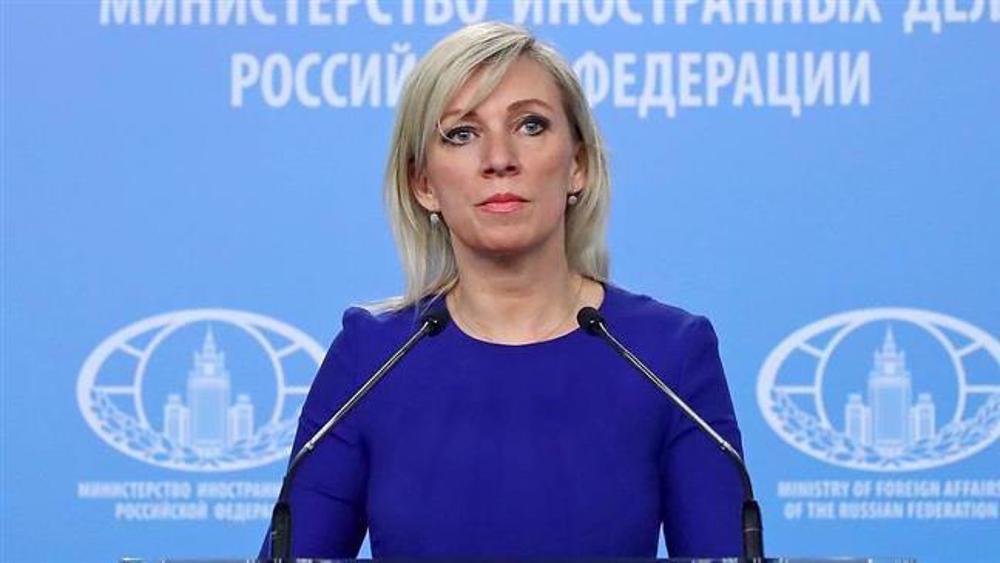


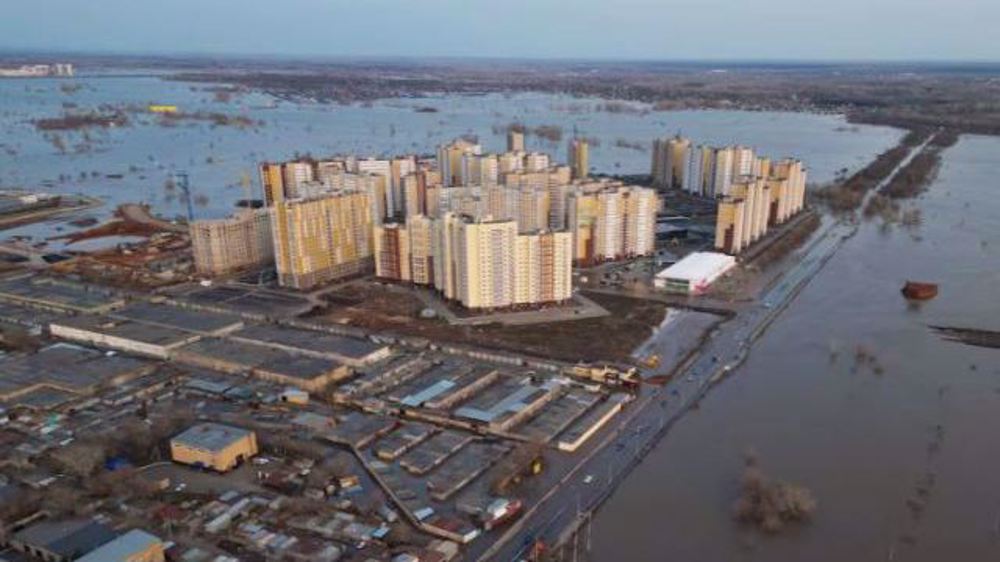
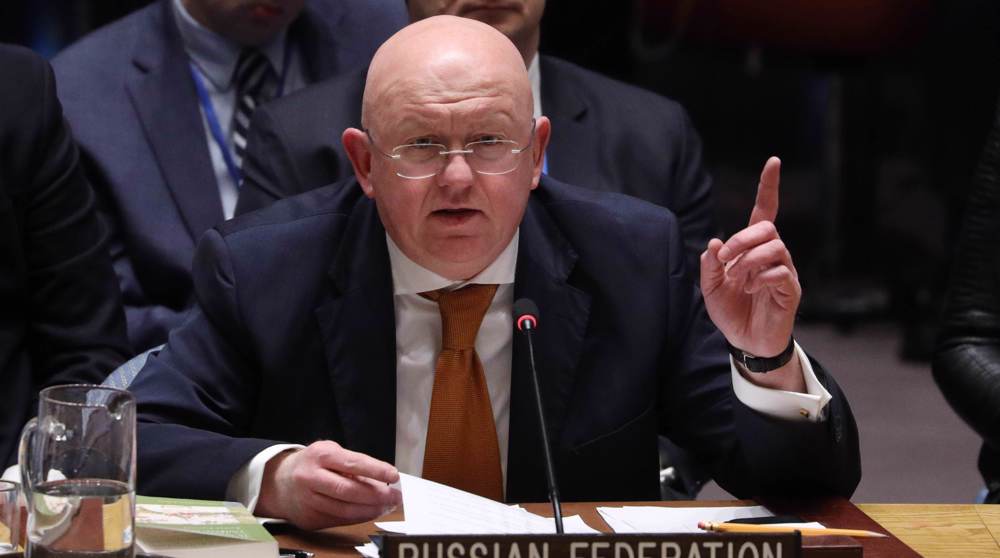
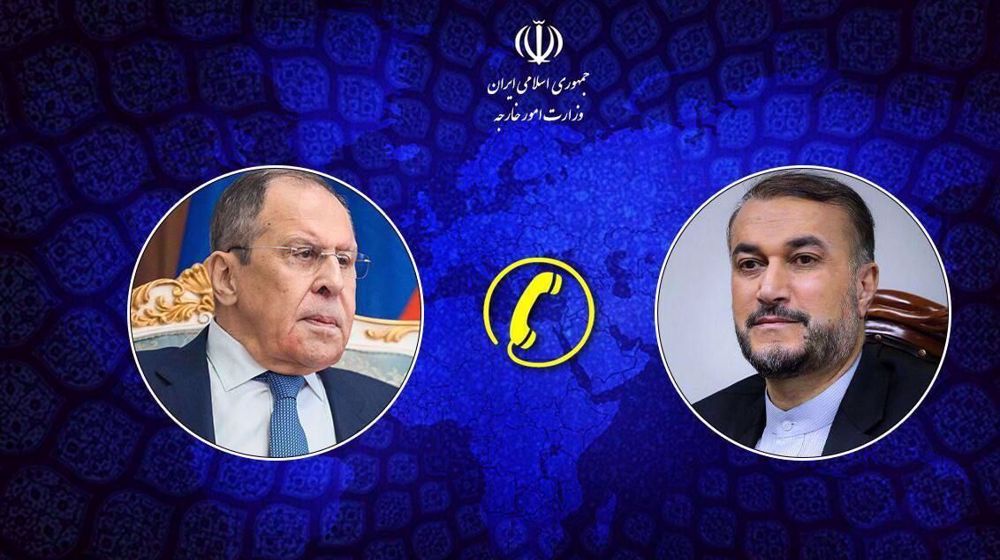



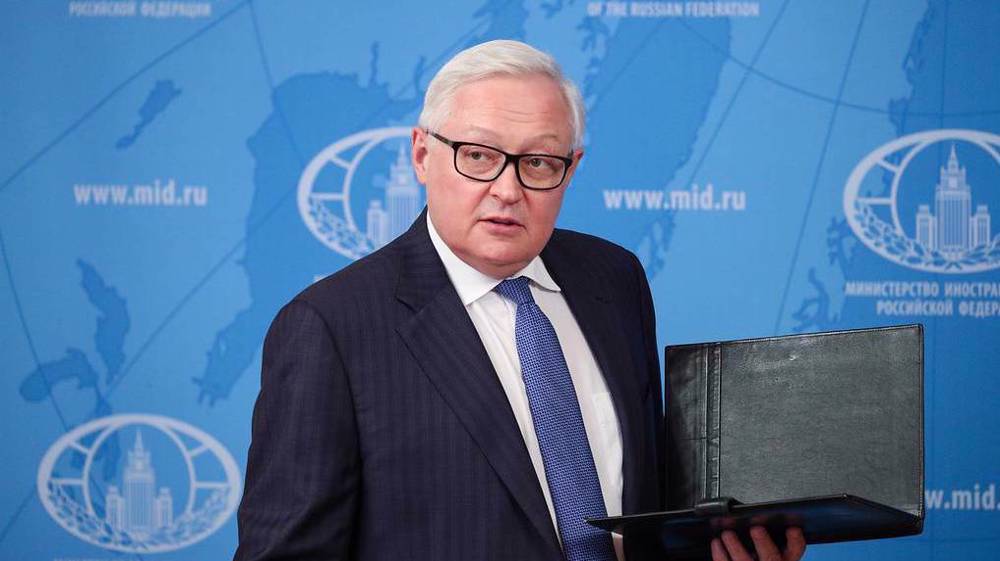


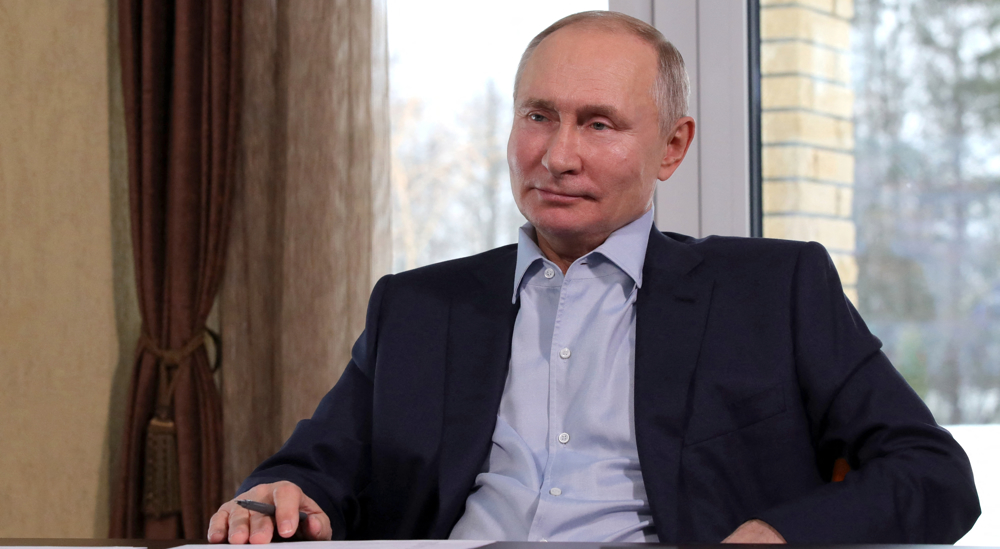

 This makes it easy to access the Press TV website
This makes it easy to access the Press TV website